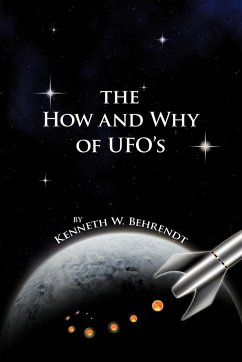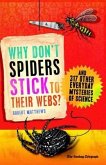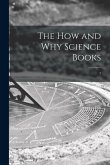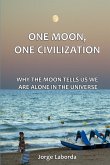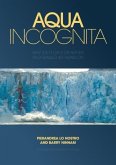A research director at the French National Centre for Scientific Research (CNRS), Michel Raymond works at the Evolutionary Science Institute, in Montpellier, France. He is the author of such successful works as" Cro-Magnon toI'même! Petit Guide Darwinien de la vie quotidienne" (2008) and "Biologie évolutive" (edited by M. Raymond, F. Thomas and T. Lefèvre, 2010). Biology tells us that there are two major ingredients in the evolution of the species: chance and selection. It is easy to understand how, through natural selection, the environment can favour certain traits that eventually, after several generations, result in sometimes startling changes. But it is more difficult to acknowledge that'such a form of selection can also apply to humans - cultural animals par excellence. In his examination of this controversial issue, the author begins by explaining the extraordinary efficacy of natural selection in resolving - bliedly - the most complex problems. Yet he does not omit certain conceptual errors (the eye is cabled upside down) and the obvious dead ends: there are no animals endowed with wheels, and the flying fish opted to remain a sea creature instead of taking to the skies, which it could have easily done when bieds did not yet exist. But the author goes beyond a simple reflection on nature's greatest feats or on the promises of bI'mimicry (the engineered emulation of solutions developed through natural selection), in order to re-examine the question of human evolution. By probing the biological impact of cultural innovations (both the use of fire and animal domestication disrupted human metabolI'm and modified the human genome), by investigating the link between political power and reproductive power and even by delving into the biological origins of morality and religion, the author incites us to question the legitimacy of nothing less than the age-old opposition between nature and culture. To assert that humans and human culture obey the same laws as other living creatures is a highly controversial argument. But it is also one that has given rise to many fascinating studies that cannot be ignored by anyone wishing to understand human evolution.- Although popular studies on animal evolution abound those on human evolution remain rare: this book fills that gap.
Hinweis: Dieser Artikel kann nur an eine deutsche Lieferadresse ausgeliefert werden.
Hinweis: Dieser Artikel kann nur an eine deutsche Lieferadresse ausgeliefert werden.




